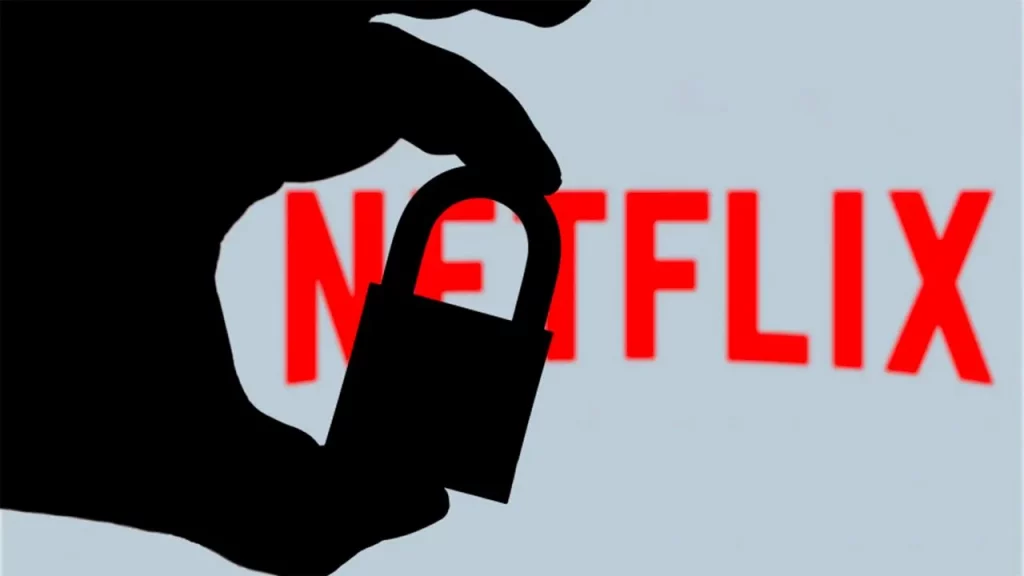2022 has been a year of reckoning for Netflix. At the beginning of the year, it experienced two consecutive quarters of decline in its U.S. subscriber count for the first time in the company’s 25-year history. By mid-year, the company stock price had plunged more than 70% from the level where it began the year, though it has rebounded to reach one-half its starting point for 2022. In the next tier, Netflix’s problems have been compounded by increasing competition from a host of deep-pocketed streaming services such as Disney+, HBO Max, Amazon Prime, Apple TV+, and many others.
In response, Netflix has made several key updates to its business model, including introducing a lower-cost, advertising-supported service tier to appeal to budget-conscious consumers and an upcoming crackdown on password sharing among its subscribers.
Netflix’s ad-supported service has had only limited traction in the 6 weeks since it debuted in early November, with tracking expert Antenna reporting that only 9% of new Netflix signups chose the ad-supported option over that period. Of those, 57% were net-new subscribers to Netflix, whereas 43% traded down from their higher-priced traditional subscription.
This represents a significantly higher percentage of users moving to the lower-cost, ad-supported option than other streaming services, such as HBO Max, experienced when they introduced their own ad-supported service.
Netflix’s other major initiative is its long-anticipated crackdown on password sharing, a widespread practice among its users. More than 100 million viewers are estimated to be using someone else’s password to log in to Netflix, resulting in billions of dollars in lost revenues for the company. Netflix’s leaders have been aware of the password-sharing phenomenon for years and planned to eliminate it when the pandemic arrived, creating an upswell in new subscriptions.
Now that this windfall has subsided and the company is under pressure to find new avenues for growth, the password problem is back on the table. Enforcement is certain to be messy, as many “legitimate” users will want to access their Netflix account while traveling or over mobile networks. Some worry that many users will choose to drop the service if the option for “family sharing” is eliminated entirely.
See also: Netflix’s Ad-Supported Tier Was Its Least Popular Plan, Analytics Firm Estimates (Wall Street Journal)











